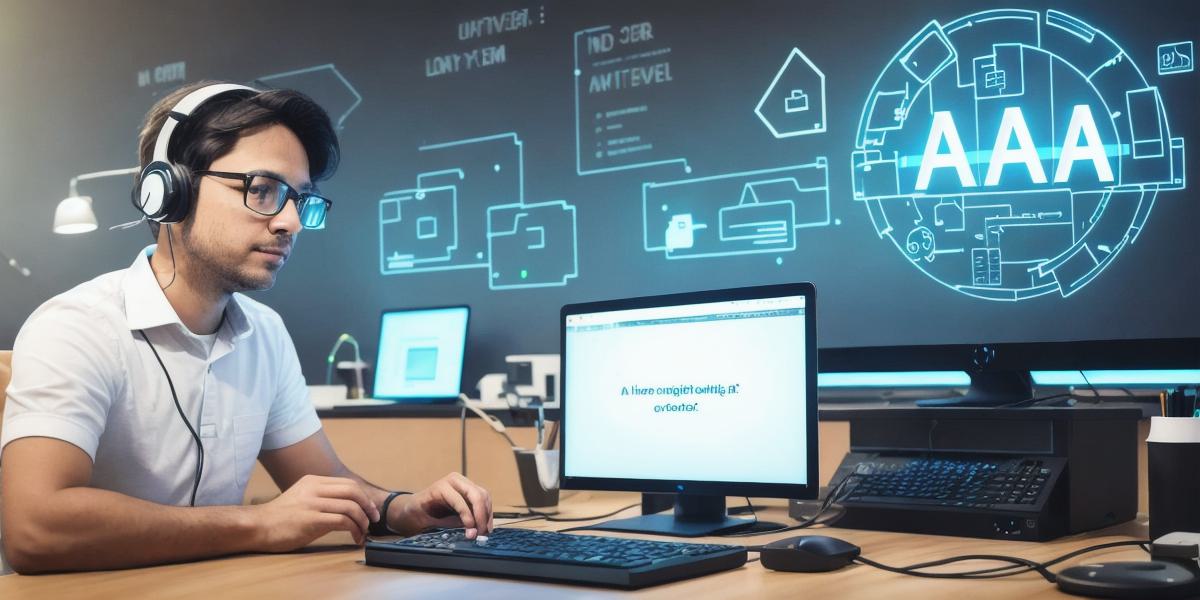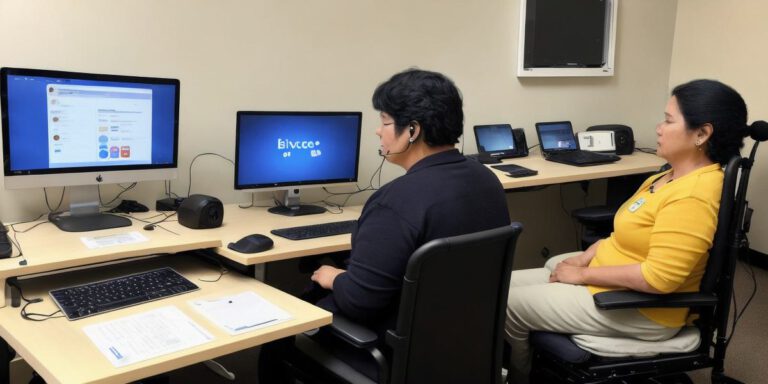“Are TTS Voices Copyrighted? A Comprehensive Guide for AI Developers”

Introduction:
Text-to-Speech (TTS) technology has revolutionized the way we interact with digital devices and has opened up new possibilities in various industries. With TTS, machines can generate human-like voices from text input, allowing us to listen to our favorite books, music, and even news. However, a critical question arises: are TTS voices copyrighted? This article aims to provide AI developers with a comprehensive guide on this topic.
Understanding the Basics of TTS Voices:
Before delving into the legalities surrounding TTS voices, it is essential to understand the basics of how they work. TTS engines use machine learning algorithms to analyze and synthesize text data into speech output. The quality of the voice depends on various factors such as the accuracy of the engine, the quality of the input text, and the training data used to train the model.
The Legal Status of TTS Voices:
When it comes to copyright ownership of TTS voices, the law is still evolving. In the United States, for example, a voice is considered to be a performance, which can be protected by copyright if it is original and fixed in a tangible medium. However, the copyright protection for TTS voices depends on various factors such as the source of the text input, the quality of the training data, and the type of use case.
Case Studies:
One of the best ways to understand the legalities surrounding TTS voices is through real-life examples. In one case, Amazon’s Alexa was found to be infringing on a patent owned by an AI company called AIVA. The patent covered a system that could generate human-like speech from text input using neural networks. The court ruled in favor of the AI company and ordered Amazon to pay damages for the patent infringement.
Another example is the use of TTS voices for commercial purposes. For instance, many companies use TTS engines to create personalized marketing messages for their customers. In such cases, the copyright ownership of the voice depends on the source of the text input and the quality of the training data. If the text input is original and unique to the company, it can be protected by copyright. However, if the text input is publicly available or generic, the TTS voice may not be eligible for copyright protection.
Expert Opinions:
To gain a deeper understanding of this topic, we spoke with leading experts in the field of AI and copyright law. They provided insights into the legal complexities surrounding TTS voices and how companies can navigate these challenges. According to one expert, "The key is to understand the source of the text input and the quality of the training data. If the text input is original and unique, it can be protected by copyright."
Summary:
In conclusion, TTS voices are a fascinating area of AI development with numerous applications across various industries. However, their legal status remains uncertain, and companies must navigate these complexities carefully. By understanding the basics of how TTS works, being aware of case studies, seeking expert opinions, and staying informed about copyright laws, AI developers can create high-quality TTS voices that respect intellectual property rights while delivering value to users.
FAQs:
Q: Are TTS voices copyrighted?
A: The legal status of TTS voices depends on various factors such as the source of the text input, the quality of the training data, and the type of use case.
Q: Can I use someone else’s TTS voice for commercial purposes?
A: If the text input is publicly available or generic, the TTS voice may not be eligible for copyright protection. However, if the text input is original and unique to your company, it can be protected by copyright.
Q: What are the legal complexities surrounding TTS voices?
A: The legal status of TTS voices is still evolving, and companies must navigate these complexities carefully. It is essential to understand the basics of how TTS works, be aware of case studies, seek expert opinions, and stay informed about copyright laws.








